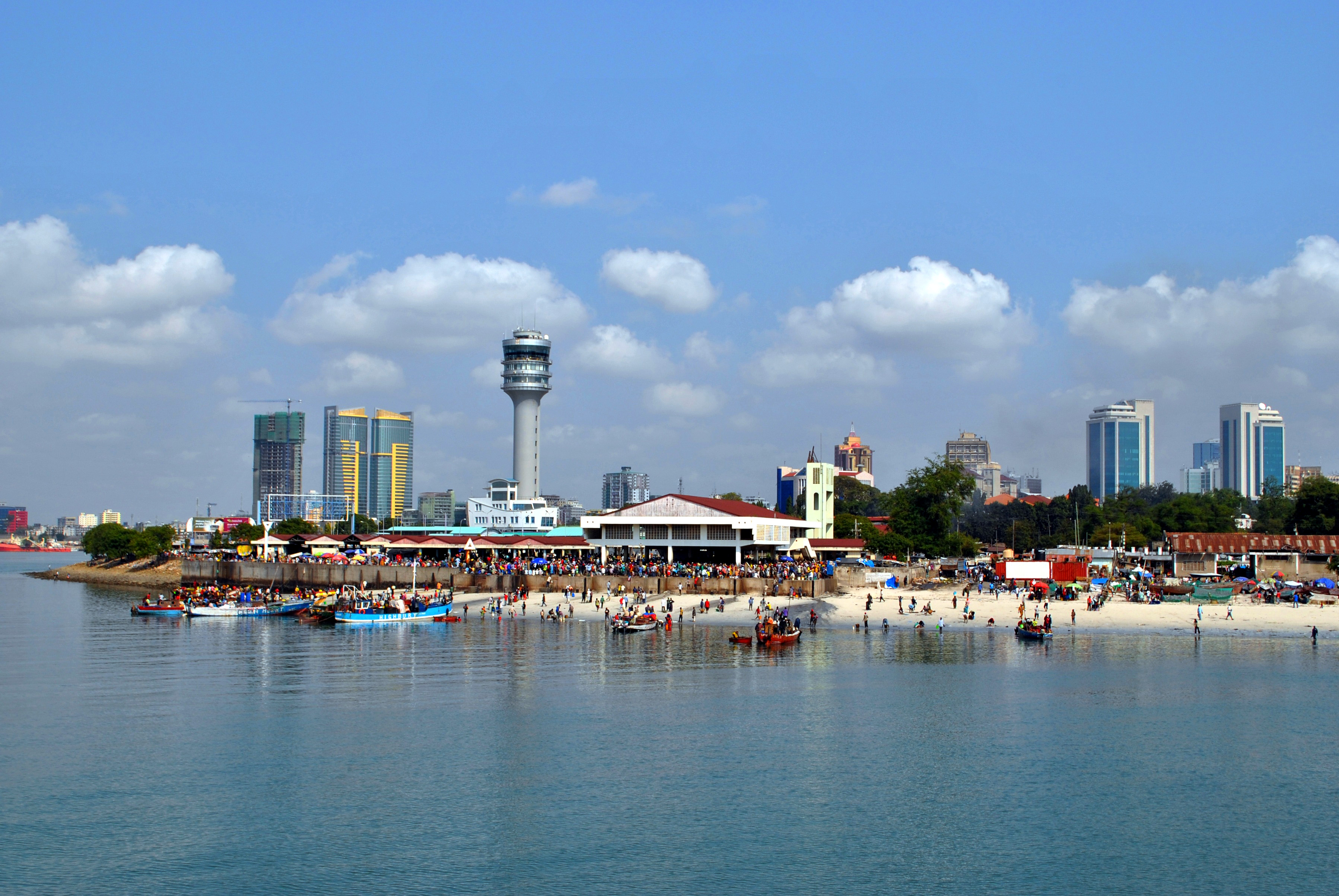Political situation Hoping for more democracy and freedoms
During President John Magufuli’s time in office (2015 to 2021), democracy in Tanzania underwent a marked deterioration. Arbitrary government action partially replaced the principles of the rule of law, and repressive laws restricted liberties – from freedom of opinion to political participation. After the controversial elections in 2020, the opposition almost disappeared from parliament. Party work was limited and opposition politicians went into exile.
Following the sudden death of President Magufuli in March 2021, Vice President Hassan was appointed as Tanzania’s new head of state. After the change in state leadership, the political climate improved markedly at first. The President followed an approach of more openness, dialogue and international cooperation. She eased restrictions on the media and social networks, and had journalists, opposition politicians and human rights activists released from prison. A ban on opposition party assemblies was also lifted.
New restrictions on political freedoms
Since 2024, however, there has been serious backsliding. Political participation and the rights of the opposition have once more come under pressure. Several opposition parties have been banned again and leading politicians have once more been detained or persecuted. What is more, the government restricted the freedom of assembly and the right to demonstrate, which resulted in countrywide protests. The elections in Tanzania on 29 October 2025 were widely considered to be the least democratic elections since the multi-party system was introduced 30 years earlier. President Samia Suluhu Hassan was declared the winner of the elections, reportedly winning 97.66 per cent of the votes with a turnout of 87 per cent. The elections triggered unprecedented violent protests that resulted in a five-day countrywide curfew which also included a nationwide internet shutdown. According to a report by the United Nations Commissioner for Human Rights, hundreds of people were killed and many more injured. The government denied any wrongdoing and accused external actors of instigating the unrest; opposition leaders were detained and charged with terrorist offences.
In the semi-autonomous territory of Zanzibar, President Hussein Ali Mwinyi has been pursuing a policy of balance and conciliation. However, the political and economic situation on the island group remains tense. Unlike the elections on the mainland, the two-day elections in Zanzibar on 28 and 29 October were unexpectedly calm. Voter turnout is said to have been higher than on the mainland. However, several irregularities were detected. The incumbent President and CCM presidential candidate Hussein Ali Mwinyi reportedly won with 74 per cent of the vote.
Industrialisation and social services, anti-corruption
In order to boost the country’s development, the Government of Tanzania is putting an emphasis on improving public services (infrastructure, health care, education, water supply), and on creating jobs through industrialisation. Like her predecessor, President Hassan wants to increase domestic public revenue, and results are already measurable. Nevertheless, the country’s tax ratio is a mere 12.8 per cent of gross domestic product. On the 2023 Corruption Perceptions Index published by Transparency International, Tanzania ranks 87th out of the total of 180 countries rated (2017: 103rd out of 180).
As at: 17/11/2025
